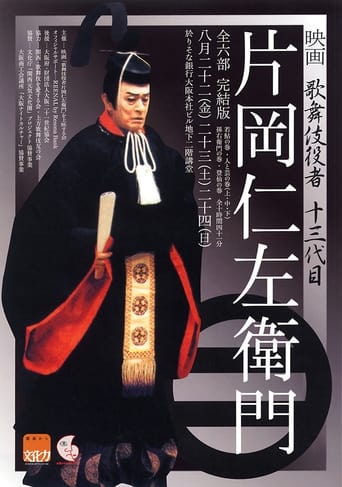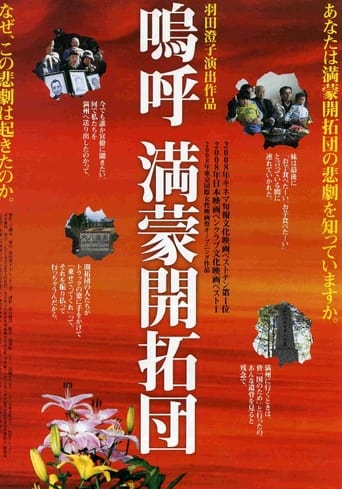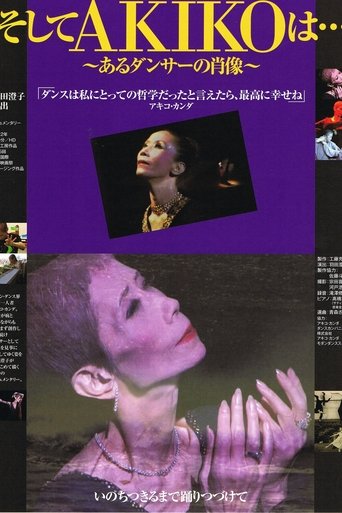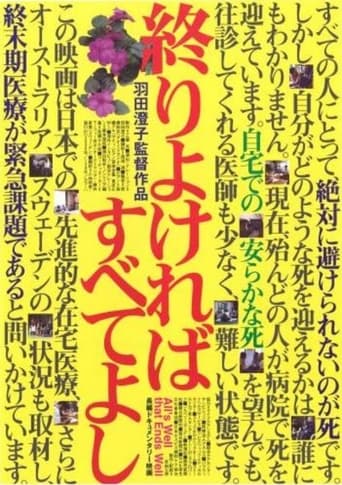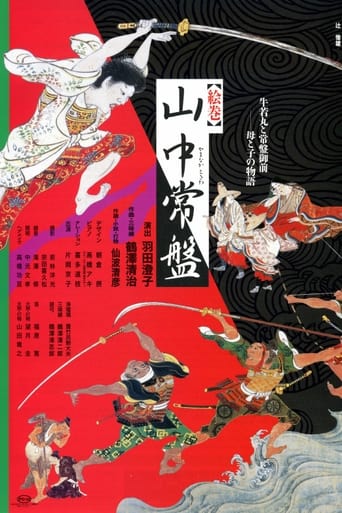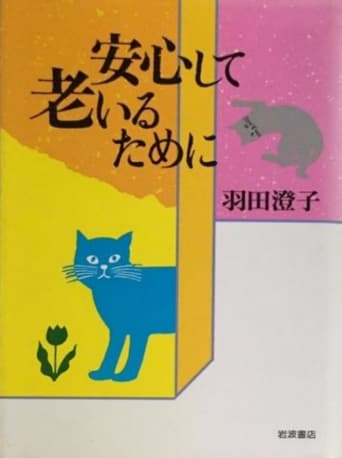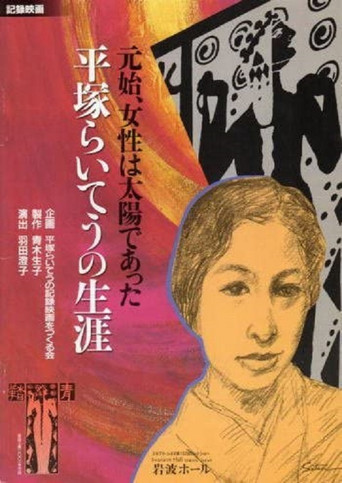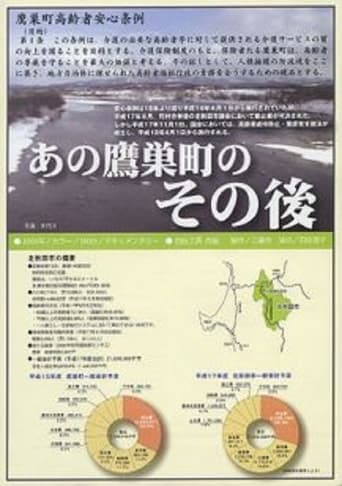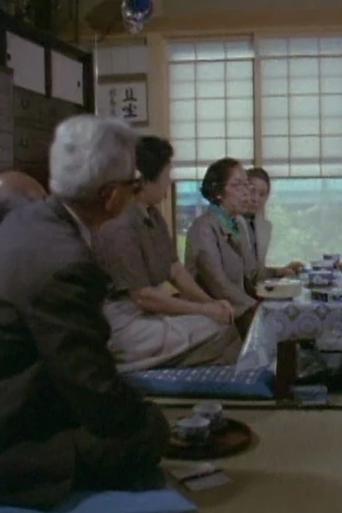The Poem of Hayachine Valley 1982
Iwate Prefecture, Ohasamacho. In the foothills of Mt. Hayachine, the kagura (devotional dance) offered to the mountain goddess by the mountain priests is still performed today nearly unchanged from mediaeval times. This dance, which has been handed down along several lines of succession in the villages of Take and Otsugunai, has its origins in prayer. Take's kagura and Otsugunai's kagura are said to be closely related. The film shows the people who lovingly continue to perform these two types of dance and the transition from ancient tradition to modern life. Even from the first moment that director Haneda was charmed by Hayachine's kagura, the mountain villages that were home to the gods had already begun to disappear.

